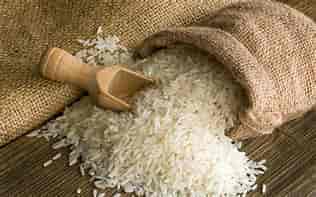ISLAMADAD JULY29: Pakistan saw record rice exports in FY24, up 78% from the previous year to $3.88 billion. The industry isn’t rejoicing, either, since it faced several difficulties at once, which exacerbated the market’s already high volatility.
To begin with, India is anticipated to relax limitations on its rice imports, which were a major factor in Pakistan’s record exports last year. India levied tariffs on non-basmati white rice and outlawed the export of broken rice in August 2022. Subsequently, in July 2023, exports of non-basmati rice were prohibited, and in August, more limitations were placed on the sale of basmati and parboiled rice.
A spike in India’s internal inflation rate before to an election year led to the imposition of the limitations. But the ruling party’s performance in the national elections was less than stellar, and later this year in Maharashtra and Haryana—two states with powerful farm lobbying—it will face tough state assembly elections.
In light of the La Nina weather system that is expected to arrive by August, S&P Global is expecting record new year output for Indian stocks, which are now three and a half times higher than the needed objective, according to media sources. Because of all these circumstances, there is increasing hope that India may remove the limitations in the upcoming weeks or months, possibly regaining the market share that exporters from Pakistan have won.
